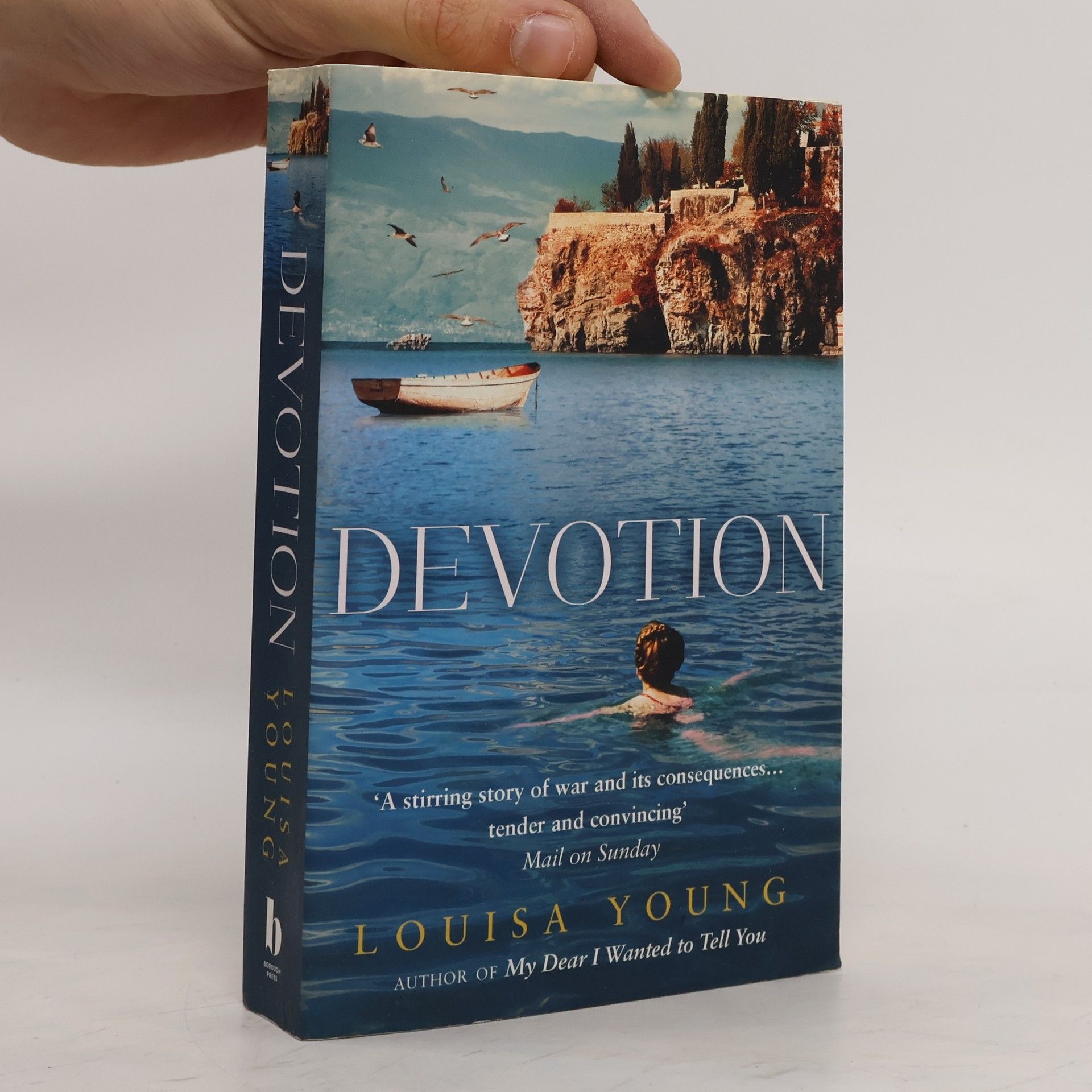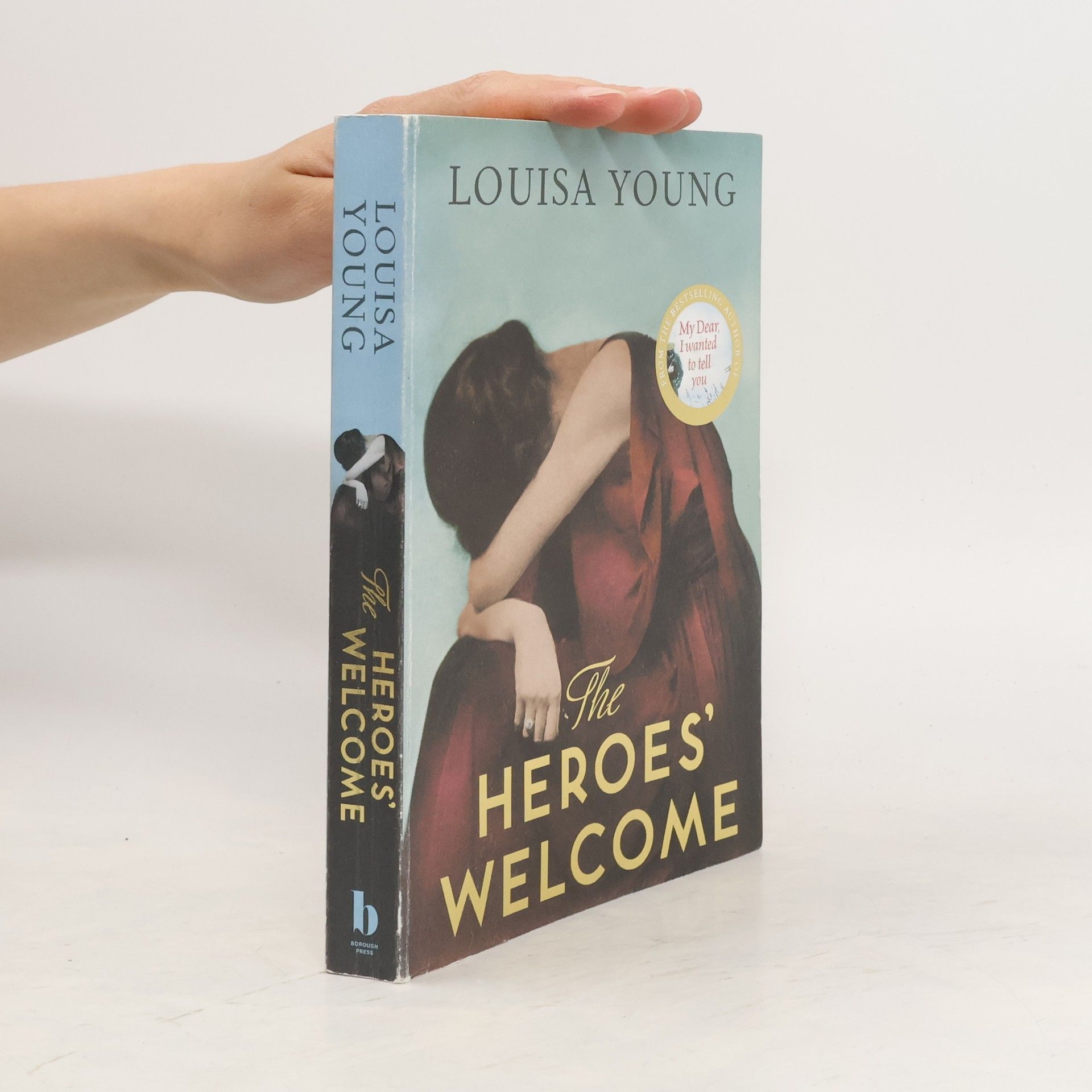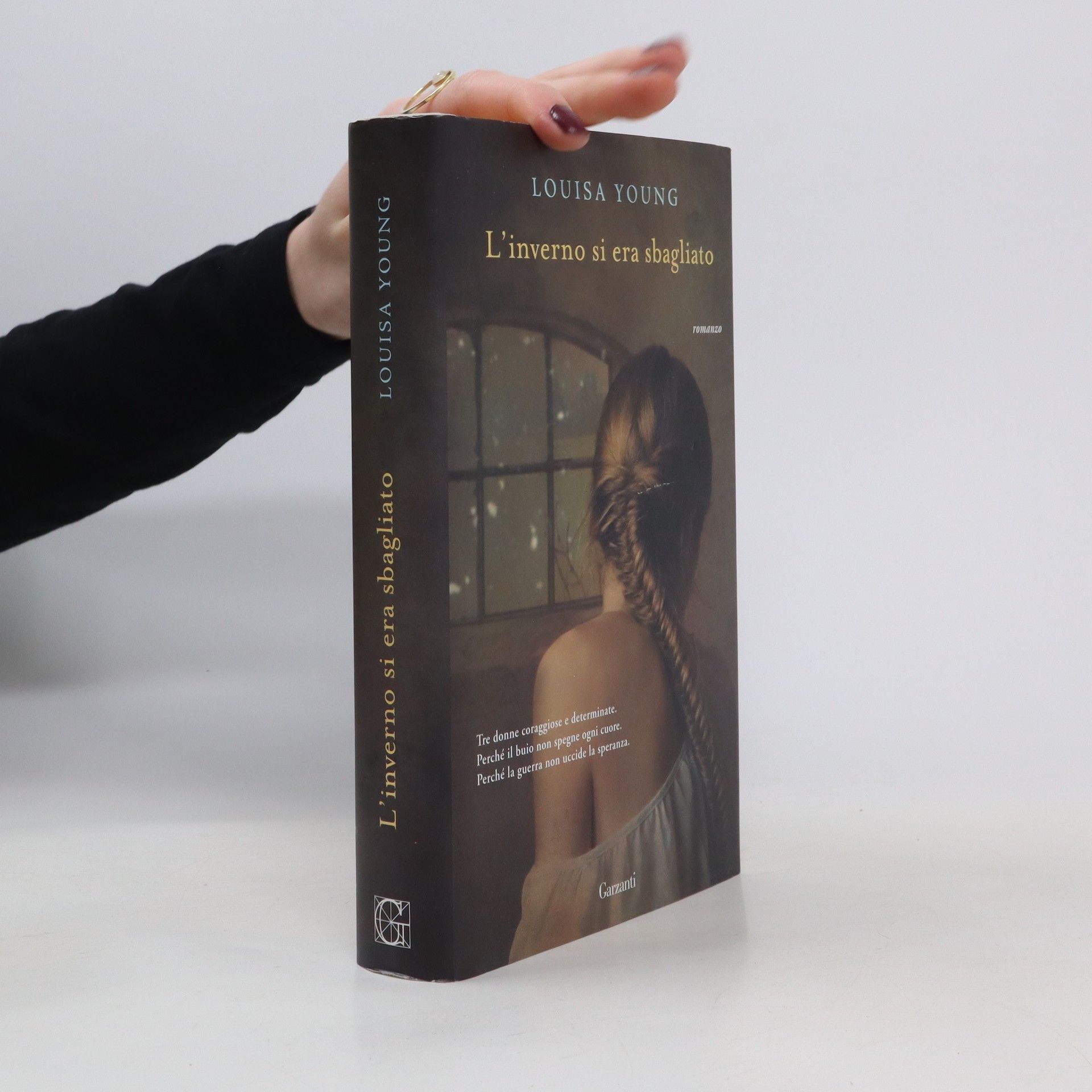Inghilterra, 1915. Come ogni mattina, Julia compie i rituali dell'attesa: lucida la casa alla perfezione, indossa l'abito più elegante che possiede e si acconcia i capelli, accorda il violoncello e poi si siede alla finestra. E aspetta. Aspetta che la promessa venga mantenuta, che suo marito Peter torni dal fronte. Anche Nadine aspetta, ripensando come ogni giorno a quell'amore tenero e spensierato sbocciato a Londra, sotto la neve d'inverno. Quello che nutre per Riley è un amore impossibile, contrastato aspramente dai genitori di Nadine. Ed è proprio per conquistarli che Riley è partito per il fronte, per quella guerra lampo che, dicevano tutti, sarebbe durata soltanto un inverno. Ma l'inverno si era sbagliato. Rose non ha tempo di aspettare. Infermiera in prima linea nel conflitto, ha visto troppi uomini feriti nel corpo quanto nell'anima aspettare soltanto una cosa, la morte. E c'è un filo sottile, fragile e capriccioso, fatto di messaggi dalla trincea, che Rose ha visto troppe volte spezzarsi. Julia, Nadine e Rose sanno che quella maledetta guerra è una lunga attesa ma, unite dalla medesima determinazione e dall'imprevedibilità del destino, scopriranno che quest'attesa può essere interrotta solo in un modo: con il coraggio dei loro cuori.
My Dear I Wanted to Tell You Serie
Questa toccante saga naviga la complessa rete di amore e sacrificio personale che i personaggi sopportano durante i tumultuosi anni di guerra. Eccelle nella sua profonda intuizione psicologica del cuore umano e in un incrollabile spirito di perseveranza di fronte alle avversità. La narrazione intreccia una storia avvincente di amore, perdita e spirito indomabile, immergendo i lettori in un ambiente storico autentico.



Ordine di lettura consigliato
- 1
- 2
LONDON, APRIL 1919. THE GREAT WAR HAS ENDED. In a flurry of spring blossom, childhood sweethearts Nadine Waverney and Rilery Purefoy are married. Thos who have survived the war are, in a way, home. But Riley is wounded and disfigured; normality seems incomprehensible, and love unfathomable. Honeymooning in a battered, liberated Europe, they long for a marriage made of love and passion rather than dependence and pity. At Locke Hill in Kent, Riley’s former CO Major Peter Locke is obsessed by Homer. His hysterical wife, Julia, and the young son they barely know attempt to navigate family life, but are confounded by the ghosts and memories of Peter’s war. Despite all this, there is the glimmer of a real future in the distance: Rose Locke, Peter’s cousin and Riley’s former nurse, finds that independence might be hers for the taking, after all. For those who fought, those who healed and those who stayed behind, 1919 is a year of accepting realities, holding to hope and reaching after new beginnings. The Heroes’ Welcome is a brave and brilliant evocation of a time deeply wounded by the pain of war. It is as devastating as it is inspiring.
- 3
Devotion
- 512pagine
- 18 ore di lettura
From the bestselling author of My Dear, I Wanted to Tell You and The Heroes' Welcome, Louisa Young's Devotion is a novel of family, love, race and politics set during the electric change of the 1930s. Tom loves Nenna. Nenna loves her father. Her father loves Mussolini. Ideals and convictions are not always so clear in the murky years between the end of the First World War and the beginning of the Second. For Tom and Kitty Locke, children of the damaged WW1 generation, visiting their cousin Nenna in Rome is a pure joy. For their adoptive parents Nadine and Riley, though, the ground is still shifting underfoot. Nobody knew in 1919 that the children they were bearing would be just ripe for the next war in 1939; nobody knew, in 1935, the implications of an Italian Jewish family supporting Mussolini. Meanwhile Peter Locke and Mabel Zachary have found each other again together in London, itself a city reborn but riddled with its own intolerances. As the heat rises across Europe, voices grow louder and everyone must brace once more to decide what should bring them together, and what must drive them apart.